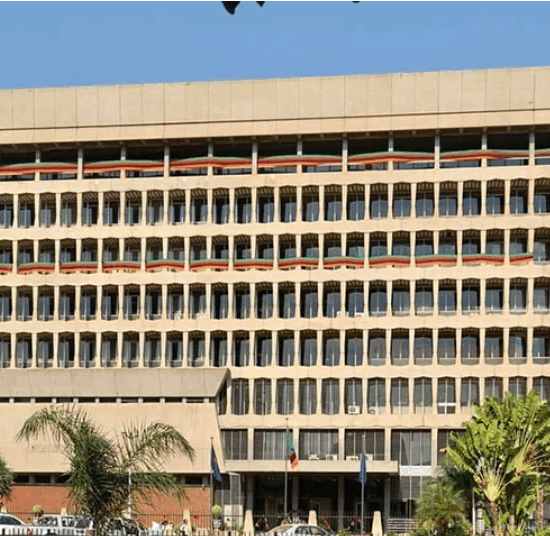
Zambia’s trade minister, Christopher Yaluma has cautioned that despite the hype and optimism regarding the implementation of the African Free Trade Area – AfCFTA, there are still challenges that African countries will need to overcome in order reap the full benefits of the agreement.
He said that Zambia must prepare itself with challenges that are expected to arise from ensuing non-tariff barriers. The trade minister stated that “as experience has shown from integration in the regional organisations such as COMESA and SADC, as the countries drop their tariffs, non-tariff barriers become a new challenge to contend with. Zambia will therefore need to develop an affective national committee for non-tariff barriers in order to deal with this issue,”
Yaluma added that the AfCFTA is expected to liberalize trade in goods and services for African countries and extends its coverage to investment, competition policy and intellectual property rights. He acknowledged that once the AfCTA is operational, Africa will be the largest trading bloc in the world as the continent brings together 55 countries with a combined population of more than one billion people and a combined gross domestic of more than US$3.4 trillion.
Meanwhile, the United Nations Economic Commissions for Africa – UNECA has called on the Zambian government to consider ratifying the African Continental Free Trade Area – AfCFTA which is expected to provide huge market access for the produce and contribute to creation of jobs and wealth for Zambia and all African countries.
Speaking during the National Consultative Forum for AfCFTA held in Lusaka on May 23rd 219, UNECA director Prof Said Adejumobi said the AfCTA if successful, Africa’s manufacturing sector will double in size with annual output increasing from US$500 billion in 2015 to US$1 trillion in 2025 and contributing additional 14 million stable jobs.
The UNECA director said the AfCFTA will create the biggest free trade area in the world with a market of more than 1.29 billion people and a combined GDP of more than US$ 2.5 trillion. He added that the treaty has massive opportunities for increasing intra-regional trade, enhancing production, promoting economies of scale, creating jobs, raising incomes and improving the standard of living of the African people.
“The AfCFTA in one of the flagship projects of Agenda 2063, especially its 10-year implementation plan which seeks to promote inclusive and sustainable economic growth and accelerated economic development and integration in Africa. However, it must be backed up by increased production capacity, enhancing regional value chains and removing internal obstacles to the growth of SMEs so that African countries can compete well in the liberalized regional market,” he said.
A look at existing trade blocks such as SADC, COMESA, ECOWAS etc shows that though some limited progress has been made, inter-Africa trade remains a big challenge and faces well established colonial trade links and connections competition in the lines of Anglophone and Francophone. It’s not strange to find a former French colony importing fruit and vegetables from day France and Belgium when those same products can be fetched at half the price from a fellow Afro neighboring country.
Successive African governments due to seeking campaign funding from mostly foreign interests and lobby organizations continue to fail to unlock the trade barriers. The example we have in Zambia is where petroleum products continue being imported from the gulf region when neighboring country Angola is a major oil producer in Africa.
Angola on the other hand imports fruit and vegetables and poultry products from Portuguese connected companies in Brazil when neighboring Zambia can produce these same products at a third of the price cutting out huge transportation costs and support inter country enterprise.
Efforts by locals residing in boarder towns to involve in small to medium scale cross boarder trading is met with daft government officials who when crafting policies simply ignore the need to nature and grow there very small and medium size companies to large scale import and export companies. They are usually termed as smugglers due to no legal provision and operating space.







